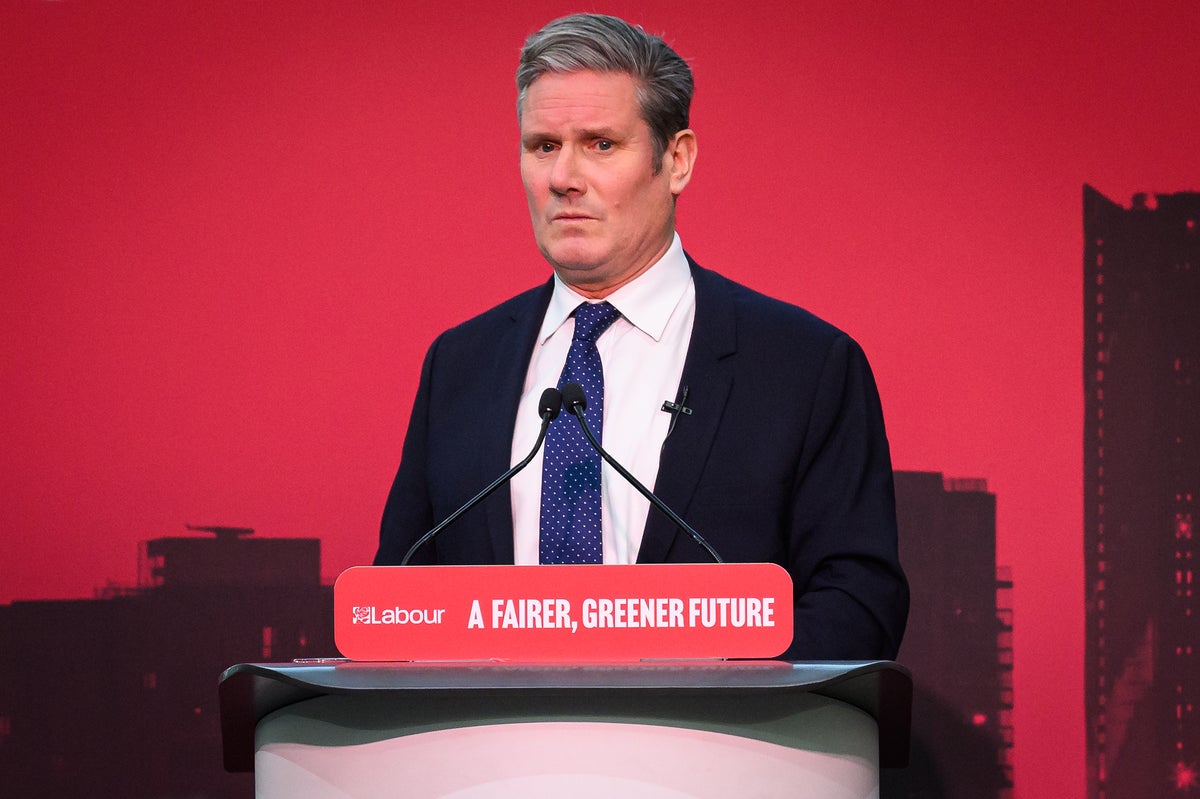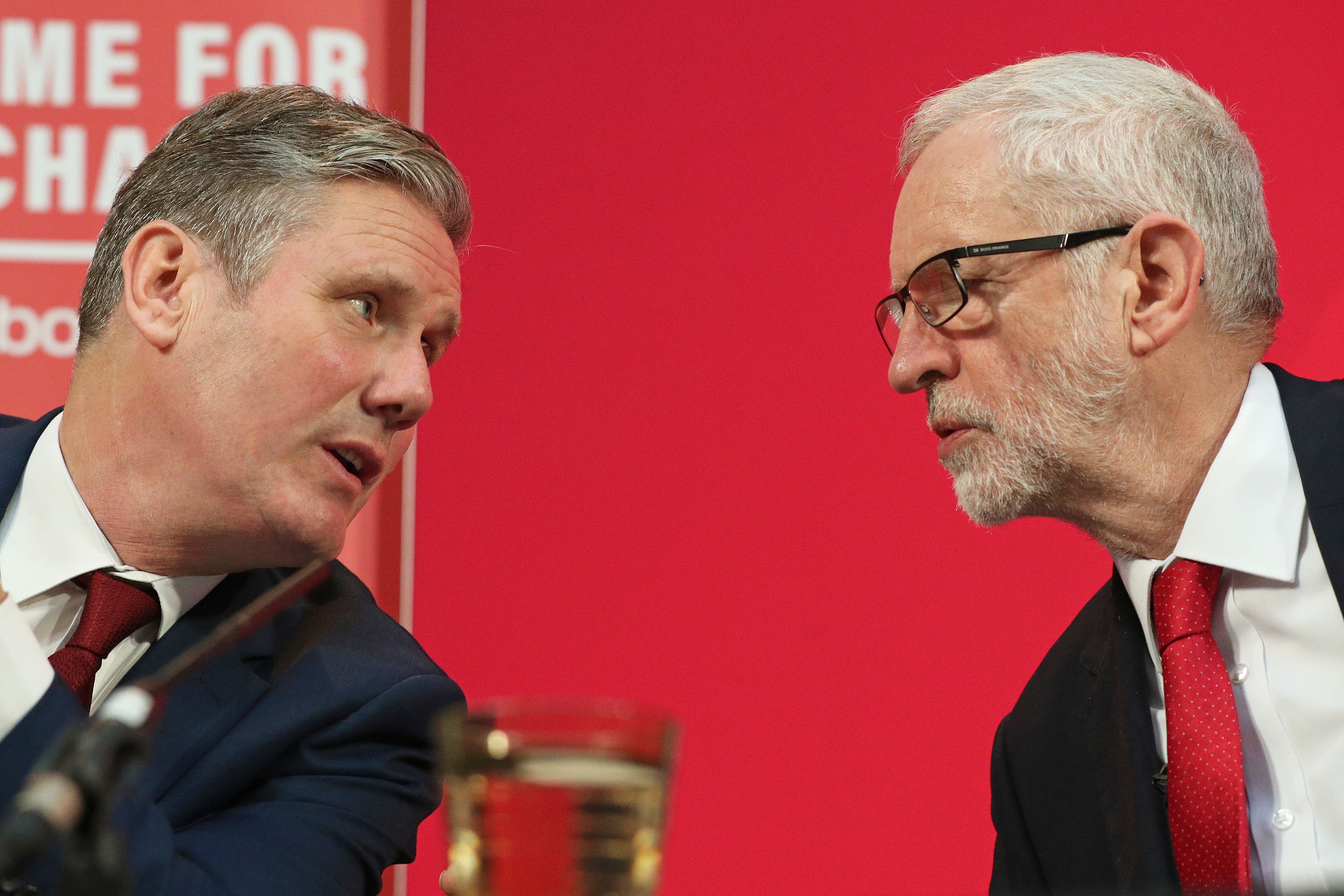
Labour is no longer being monitored by Britain’s equalities watchdog after the party successfully made changes to its law-breaking handling of antisemitism under Jeremy Corbyn.
Sir Keir Starmer described the judgment as an “important moment in the history of the Labour party” – but vowed that internal reform was not yet over and warned against complacency.
The Equality and Human Rights Commission (EHRC) had been scrutinising Labour since it ruling that the party was responsible for unlawful acts of harassment and discrimination more than two years ago.
But under Sir Keir’s leadership the watchdog says it was “satisfied” Labour had improved its complaints and training procedures to protect members – saying the investigation had produce its “desired impact”.
The Labour leader will again apologise on behalf of his party Wednesday and pledge that his reforming role is not yet over.
Sir Keir is due to say: “To all those who were hurt, who were let down, who were driven out of our party, who no longer felt it was their home, who suffered the most appalling abuse, today, on behalf of the entire Labour Party, I say sorry. What you have been through can never be undone. Apologies alone cannot make it right.”
He is expected to add: “Be in no doubt, the job of restoring Labour is not complete. I don’t see today’s announcement as the end of the road. I see it as a signpost that we are heading in the right direction.”
The EHRC’s damning investigation published in October 2020 found evidence of “political interference” by Mr Corbyn’s office in the complaints process.
The watchdog said there had been “inexcusable” failures which “appeared to be a result of a lack of willingness to tackle antisemitism rather than an inability to do so”.
Mr Corbyn was kicked out of the parliamentary party and remains an independent MP after he said he did not accept all of the EHRC findings.
He also claimed the scale of the problem had been “dramatically overstated for political reasons by our opponents inside and outside the party, as well as by much of the media”.

On Wednesday the EHRC announced that its action plan for Labour to address breaches of the Equality Act concluded at the end of January and it was satisfied with the reforms.
EHRC chief executive Marcial Boo said: “We concluded our monitoring as we were satisfied that the party had implemented the necessary actions to improve its complaints, recruitment, training and other procedures to the legal standards required.
“This will help to protect current and future Labour Party members from discrimination and harassment. We are pleased that our investigation and action plan has had the desired impact in this case.”
Among the watchdog’s demands were for the party to commit to zero-tolerance of antisemitism and to set up an independent complaints handling process.
Consultation over the reforms had to include the Jewish community, social media guidelines had to be tightened and due diligence checks had to be strengthened on candidates.
Mr Corbyn has been readmitted to the Labour party as a member but Sir Keir has refused to give him the whip back, meaning he sits as an independent as the MP for Islington North.
In a joint statement, Jewish Leadership Council chairman Keith Black and Community Security Trust chief executive Mark Gardner said Labour had gone a “significant way” towards making the party an unwelcoming place for anti-Jewish racists but there was still much to do.
“We believe that the Labour party and Sir Keir have engaged us honestly and transparently about the scale of the challenge throughout the EHRC monitoring period and we have welcomed this radically different approach,” they said.
Holocaust Educational Trust chief executive Karen Pollock said the EHRC announcement was “another step in the right direction” in the wake of a “shameful” episode in Labour’s history.
“The trauma of the anti-Jewish racism that permeated through the Labour Party over a period of five years is still felt by Jewish people within the Labour movement and the wider Jewish community,” she said.







